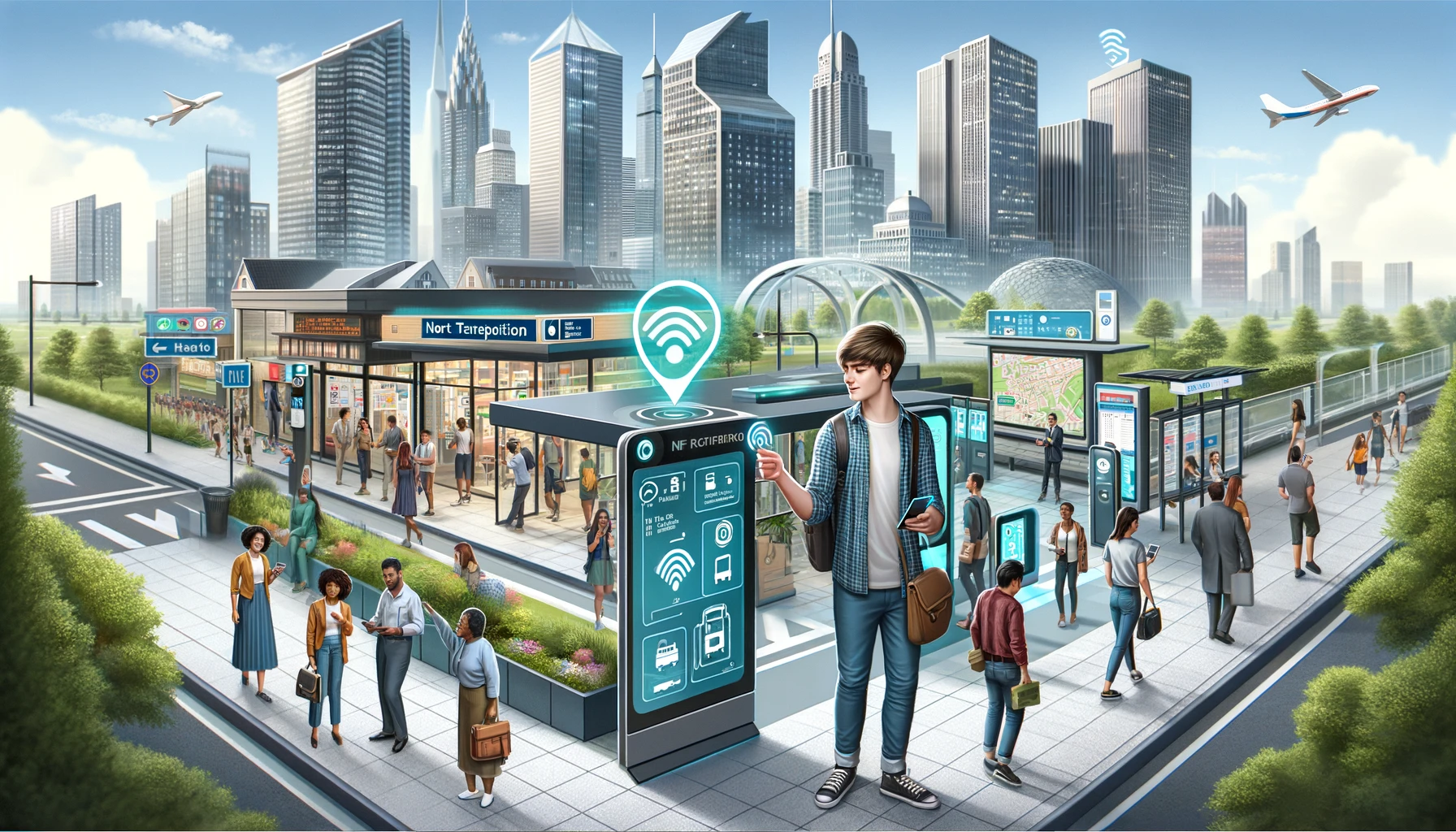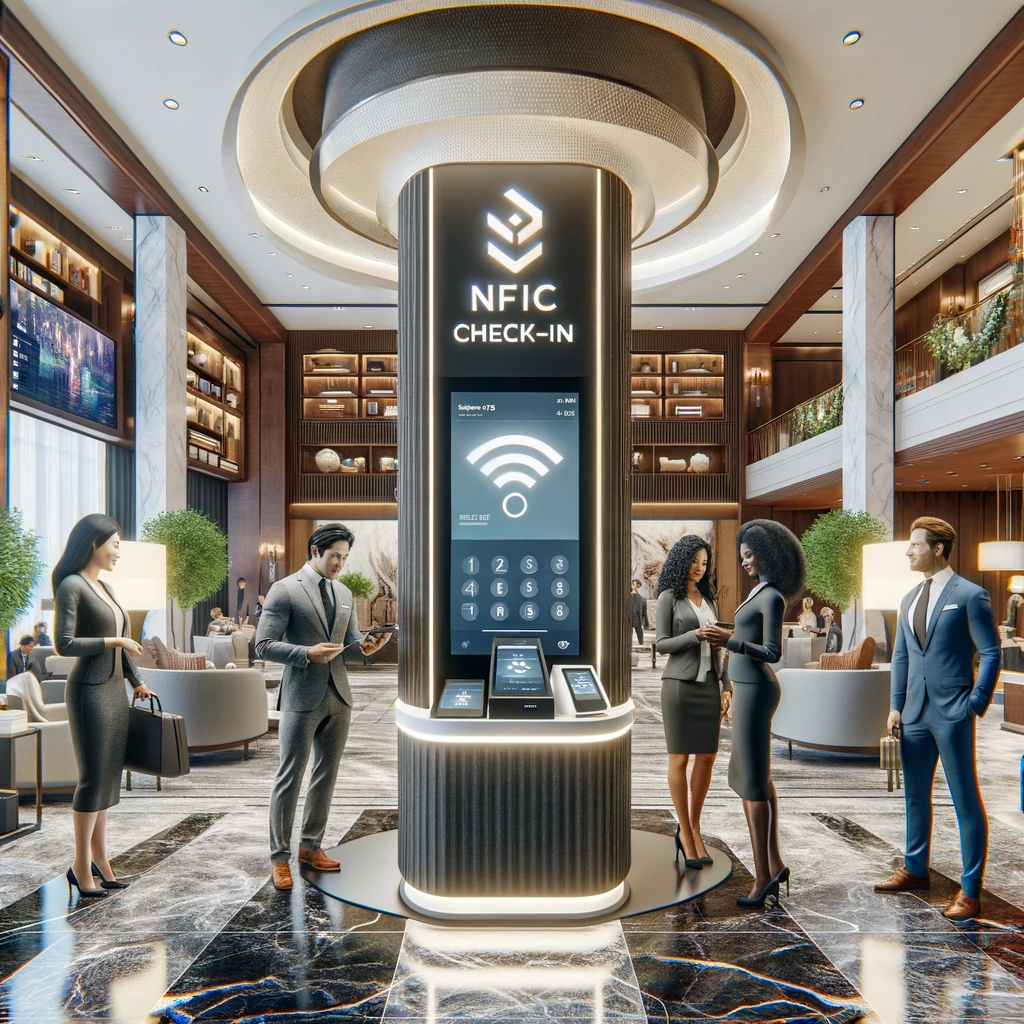
The Role of NFC in Smart Urban Infrastructure
Understanding NFC
NFC, a short-range wireless communication technology, is renowned for its use in contactless transactions. Its application in urban infrastructure is now extending to various public services, enhancing the functionality and efficiency of city environments.
NFC in Urban Development
NFC technology is being integrated into smart urban infrastructure to:
- Facilitate Public Transportation: Simplifying fare payments and access control in transit systems.
- Enhance Public Services: Providing instant access to information about city services, from waste management to public parking.
Benefits of NFC in Urban Infrastructure
Improved Accessibility and Convenience
- Ease of Use in Public Services: Offering a user-friendly way for residents and visitors to navigate and utilize city services.
- Quick Information Retrieval: Enabling immediate access to essential information about urban amenities.
Efficient City Management
- Streamlined Operations: Optimizing the management of city resources and infrastructure.
- Data-Driven Decision Making: Facilitating the collection and analysis of data to improve urban planning and services.
Enhanced Citizen Engagement
- Interactive City Experiences: Encouraging greater citizen interaction with urban environments.
- Community Feedback Mechanisms: Allowing residents to easily provide feedback on urban development and services.
QR Lab’s NFC Solutions for Urban Environments
Customized NFC Applications for Cities
QR Lab specializes in developing NFC solutions tailored for smart urban infrastructure, including:
- NFC-Enabled City Cards: Designing multi-purpose cards for access to various city services.
- Integrated Urban Systems: Connecting different aspects of city infrastructure through NFC technology.
Leading Smart City Innovations
- Pioneering Urban Technology: Exploring new applications of NFC in urban development.
- Ongoing Technological Support: Keeping city infrastructures up-to-date with the latest NFC advancements.
Conclusion
NFC technology is playing a critical role in shaping the future of urban infrastructure, ushering in a new era of smart city development. With QR Lab's advanced NFC solutions, cities can become more efficient, accessible, and responsive to the evolving needs of their communities.
Most viewed




